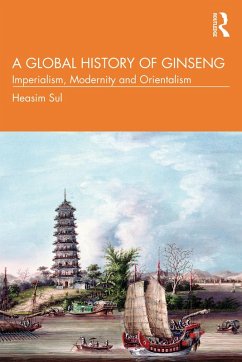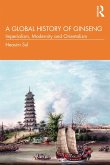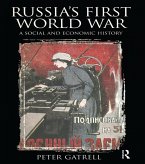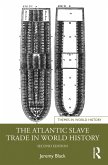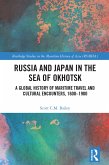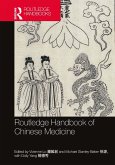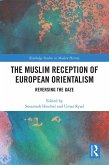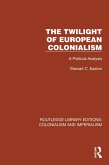Sul's history of the international ginseng trade reveals the cultural aspects of international capitalism and the impact of this single commodity on relations between East and West.
Dieser Download kann aus rechtlichen Gründen nur mit Rechnungsadresse in A, B, BG, CY, CZ, D, DK, EW, E, FIN, F, GR, HR, H, IRL, I, LT, L, LR, M, NL, PL, P, R, S, SLO, SK ausgeliefert werden.
"This work constitutes a classic case of microhistory. It reflects the ways in which a seemingly narrow niche study can in fact illuminate all kinds of fields, spreading out into a major exploration of all manner of cultural and economic dimensions. Here Heasim Sul demonstrates how one Korean plant product became a major area of fascination for its medical and biological properties, thus promoting considerable trade and many articles and notices in the western press and other publications. Consequently, the study of the reception of ginseng helps to expose the character of a whole variety of relationships between East and West, thereby contributing to the major study of cultural Orientalism which has been such a major source of scholarly fascination in recent decades. In these ways microhistory can make a major contribution to a much wider scholarly debate, opening up wider discussions of considerable significance."---John M. MacKenzie, Emeritus Professor of Imperial History, Lancaster University

